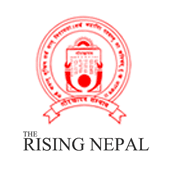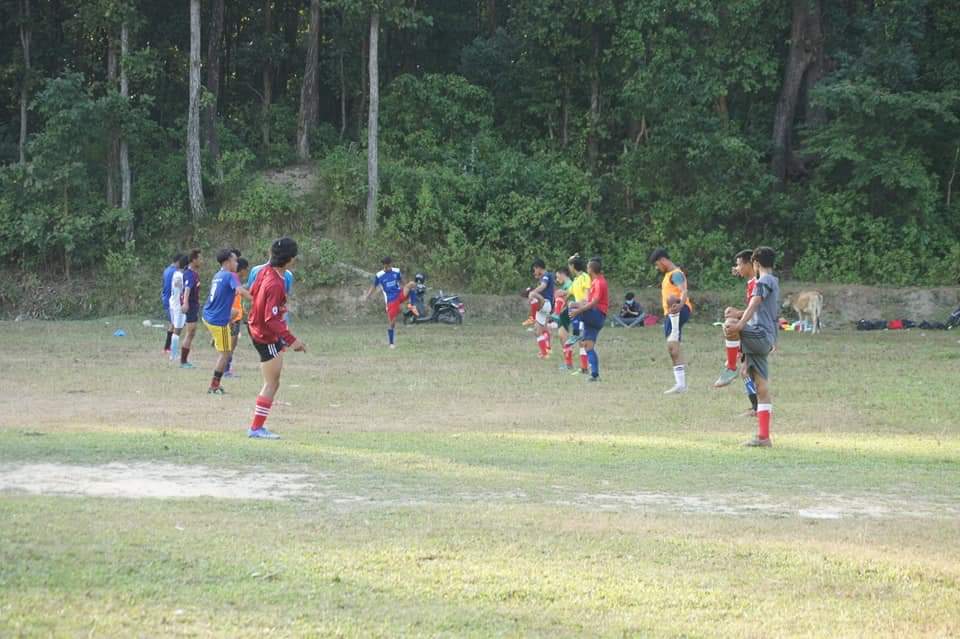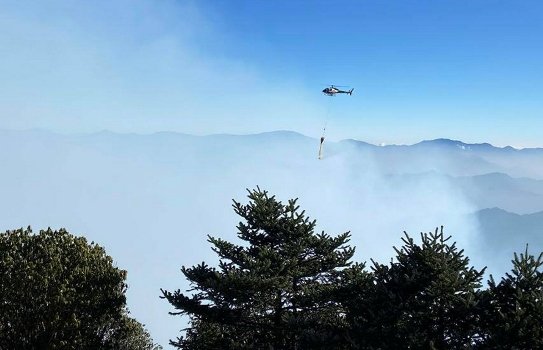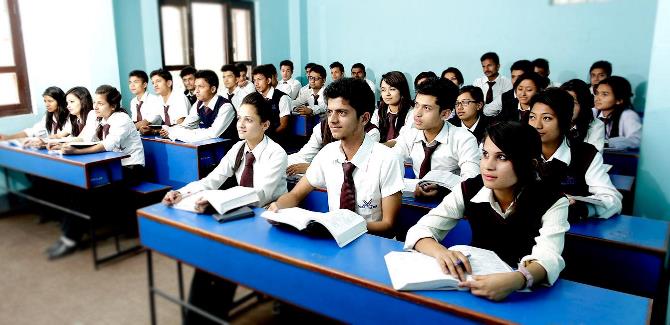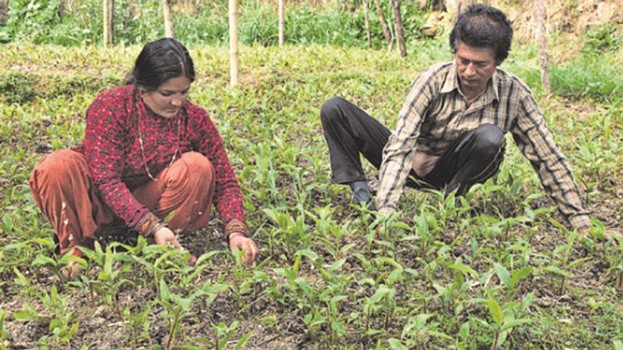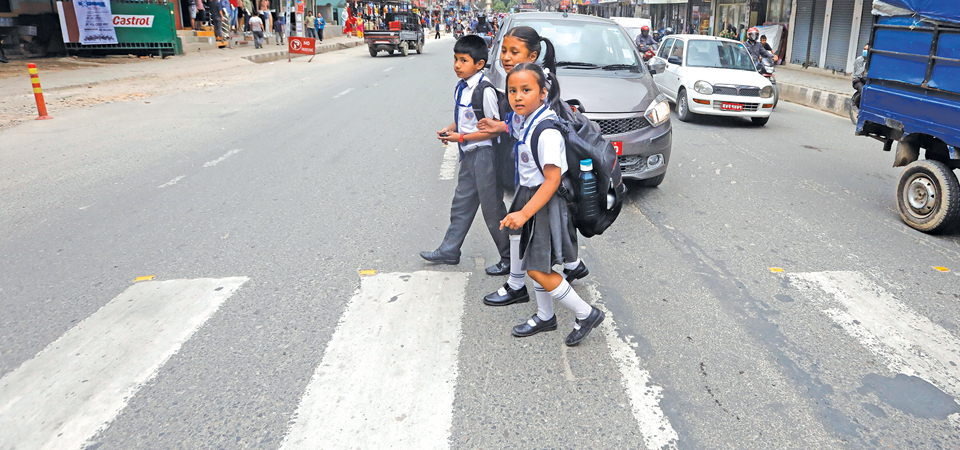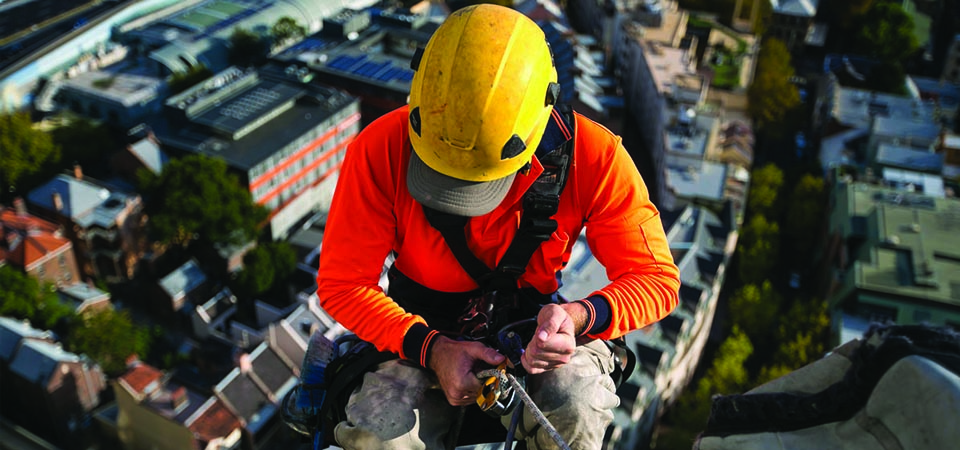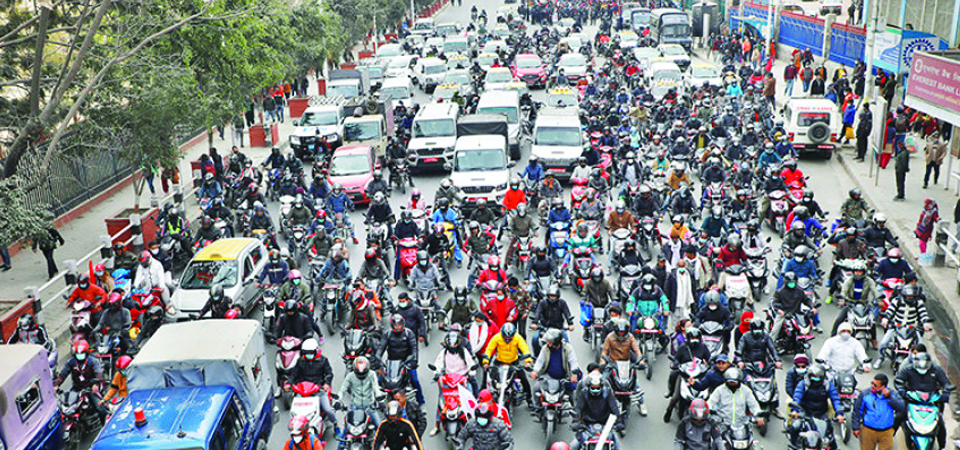Cases of smuggled vehicles underscore need to fortify border regulation

By Nayak Poudel
Kathmandu, August 1: In the last one month period, the Metropolitan Crime Division arrested eight individuals of three groups with five Hyundai cars, two Royal Enfield motorcycles and a KTM RC motorcycle from different places of the Kathmandu Valley.
The vehicles were smuggled via the Nepal-India border and brought to the Valley for selling at a cheaper price.
Among the five cars, four were Hyundai Creta and one was a Hyundai Santro. The arrested individuals were smugglers looking for possible buyers and the groups also had individuals who forged documents.
When The Rising Nepal contacted officials from different concerned authorities, they informed that the illegal business of selling smuggled vehicles at a cheaper price has been running for a long time in Nepal.
"The open border and the laxity in security has made the smuggling of vehicles inside Nepal easy for a long time. It has not only affected the private sector which imports and sells vehicles but also the government as a whole," said Krishna Prasad Dulal, chairman at NADA Automobiles Association of Nepal, the national level organisation of automobile dealers.
The government charges from 240 per cent to 308 per cent, based on the engine's cc (cubic capacity), of the vehicle's price as customs duty for importing four-wheelers in Nepal. When a vehicle is smuggled, the government fails to receive those taxes.
Some officials also said that the reason behind smuggling four-wheelers from India to Nepal was a heavy increase in price of the item after paying tax to the customs. In case of the recently confiscated Hyundai Creta, the crime division informed that a group bought the vehicle for Rs. 1.6 million in India and were planning to sell it for around Rs. 4.5 million while the vehicle's market price in Nepal is around Rs. 7 million.
"The smuggling of four-wheelers has led to the evasion of a heavy amount of tax to be received by the government. The porous open border with India has allowed vehicles to enter Nepal undetected from the customs, border security and law enforcement agencies," said Shishir Ghimire, director and information officer at the Department of Customs.
The Terai districts are the entry route for the smuggled vehicles which arrive in the Kathmandu Valley since it can provide a proper market for such vehicles.
“Smuggling of four-wheelers had almost disappeared in the past few years while it was rampant nearly a decade ago. In recent cases, the numbers of vehicles smuggled are less but still it is a grave issue,” said Superintendent of Police (SP) Krishna Prasad Koirala.
SP Koirala, who is the spokesperson for the crime division, further stressed that while some groups smuggled legally bought vehicles in India, there are also cases of stolen vehicles being smuggled to Nepal. The recently seized Hyundai Santro and three motorcycles were found to be stolen from India.
However, such groups provide fake bluebooks and documents to their buyers. When inquired through different concerned authorities, officials informed that the buyers, ordinary public, are well-known about the vehicle being illegal.
“The bluebook can be forged easily at a time when academic and other government documents’ forgery cases are rampant. We also can’t identify if the bluebook is fake or not and cannot suspect all. We also don’t have technology to find it out at the instant,” said SP Sanjib Sharma Das, spokesperson for Metropolitan Traffic Police Division.
If the smuggling rackets had sold vehicles with fake documents to a person by cheating, s/he is liable to reach the Department of Transport Management (DoTM) office to renew the vehicle’s bluebook. In such cases, the DoTM is likely to find that the bluebook is fake when checked in their records and the person, who now finds out of being cheated, is more likely to visit the police.
“There have been no such cases where an individual with a fake bluebook has arrived to renew it. In all likelihood, individuals who buy smuggled vehicles would keep forging the bluebook and try avoiding any contact with authorities,” said Lekhnath Khatiwada, information officer at Small/Big Vehicles Transport Management Office, Ekantakuna.
Even if an individual states of being cheated, the vehicle will be seized by the authorities and handed over to the customs. After the investigation into the issue is completed, the vehicle is then queued for auction.
"The vehicle is illegal from the beginning due to which it will be confiscated even if the buyer was cheated. It is why people must buy vehicles only after authenticating them," said Ghimire.
Nepal Police and the Department of Customs didn’t have data on the confiscation of smuggled vehicles. Officials stressed that since smugglers are arrested once in a while, there hasn't been any concrete data in the last few years. The confiscation of already sold smuggled vehicles is also a far cry.
It is why law enforcement agencies and the automobile sector have urged the DoTM to fully digitalise the vehicle registration system in a way that it can be accessed by a traffic police through a mobile application in a simple manner.
“The digitalisation of vehicles’ registration and other required information will help us identify whether a vehicle is legitimate or not. It is sure that the digitalisation will help confiscate a large number of smuggled vehicles which might have been operating freely recently,” said Senior Superintendent of Police (SSP) Basanta Bahadur Kunwar, the central police spokesperson.
Meanwhile, the DoTM officials informed that they were in the process to fully digitalise the transport sector including the vehicles’ registration and information.
“The embossed number plates followed by a digital system to check the legitimacy of the vehicle, its tax payment and owner’s details will soon come into implementation. Until then, we will coordinate with authorities in busting the smuggling rackets,” said Lok Nath Bhusal, information officer at DoTM.
Nevertheless, private sector has requested the government to strictly monitor the border area to mitigate smuggling.
“It is not only vehicles that are smuggled. The spare parts, tyres, and even other goods related with other sectors are smuggled and it all amounts to a heavy loss for the country. The security in the border area is strict now due to the COVID-19 but still smuggled vehicles have been found in the Valley. It shows how strongly the government needs to secure the border,” said Dulal, chairman at NADA Automobiles Association.
The Armed Police Force (APF), which oversees the border security, stressed that the security during the pandemic would continue and be further strengthened in upcoming days.
“We currently have 224 Border Outposts and the government is helping us to increase them further. Several forward posts have also been established temporarily to fortify the border. We are aware of the cross-border smuggling and are taking steps to mitigate it,” said Deputy Inspector General Raju Aryal, spokesperson for the APF.
Recent News

Do not make expressions casting dout on election: EC
14 Apr, 2022
CM Bhatta says may New Year 2079 BS inspire positive thinking
14 Apr, 2022
Three new cases, 44 recoveries in 24 hours
14 Apr, 2022
689 climbers of 84 teams so far acquire permits for climbing various peaks this spring season
14 Apr, 2022
How the rising cost of living crisis is impacting Nepal
14 Apr, 2022
US military confirms an interstellar meteor collided with Earth
14 Apr, 2022
Valneva Covid vaccine approved for use in UK
14 Apr, 2022
Chair Prachanda highlights need of unity among Maoist, Communist forces
14 Apr, 2022
Ranbir Kapoor and Alia Bhatt: Bollywood toasts star couple on wedding
14 Apr, 2022
President Bhandari confers decorations (Photo Feature)
14 Apr, 2022
